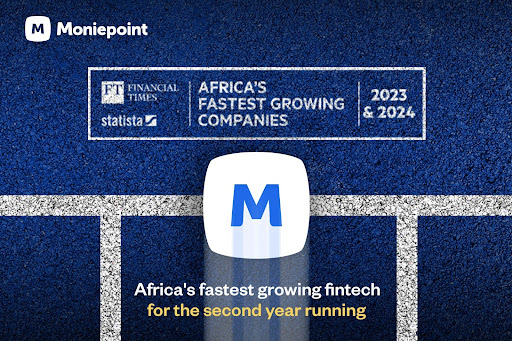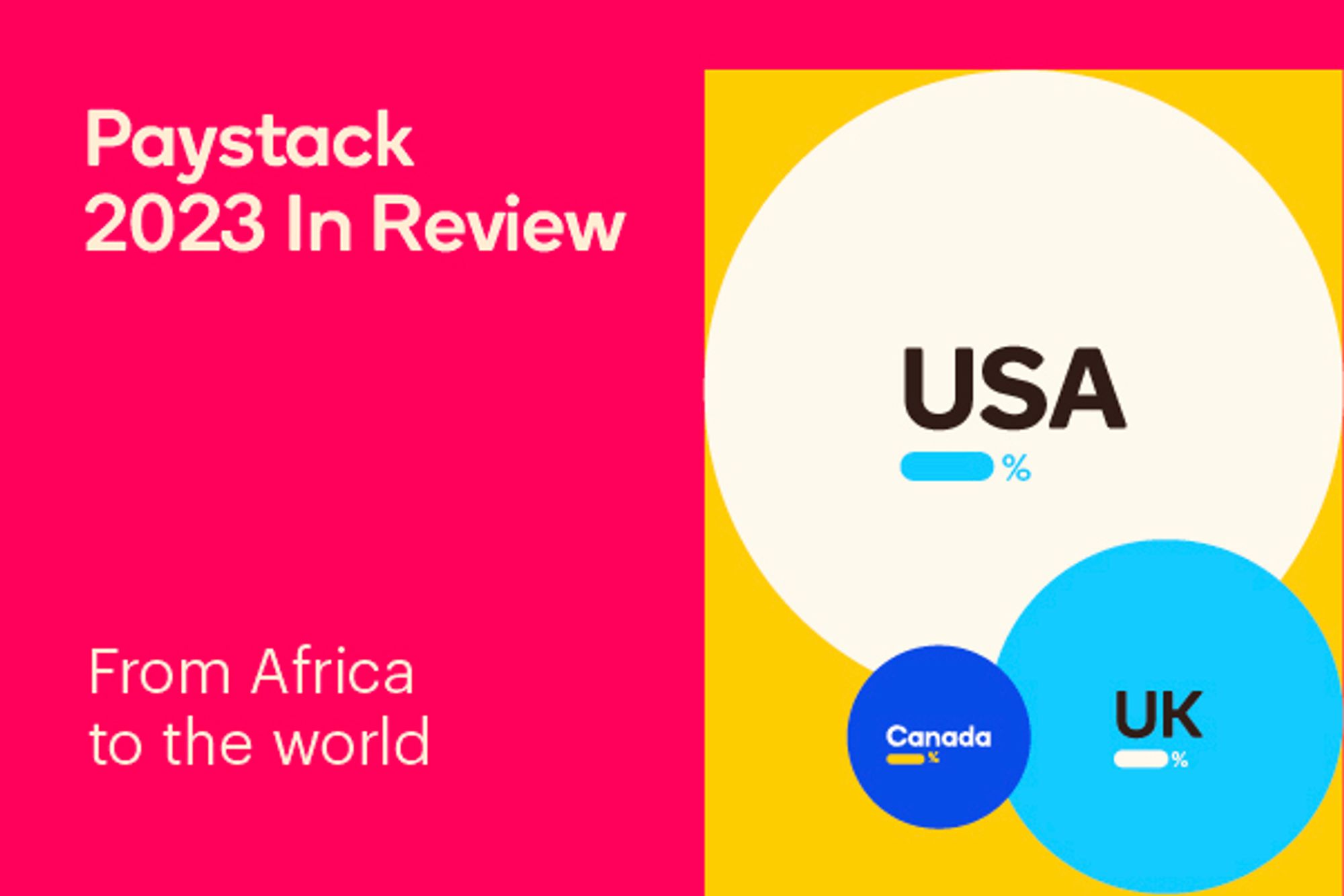

Good morning ☀️
When you try to reinvent the wheel without bringing much invention, you end up with a show like Apple’s Worldwide Developers Conference which was held yesterday.
What’s new? Well, Artificial Intelligence is out and “Apple Intelligence”—err, AI—is in. (It’s the exact same thing, but Apple-branded.) The tech company is integrating AI into most parts of its ecosystem, including Genmojis, a feature that will allow you to generate unique emojis. iOS users will also be able to schedule messages on iMessage (finally), use iMessage with Android users, rearrange, tint and lock their apps, and generate text content which probably means goodbye to ChatGPT and Gemini.
You can check out the rest of the updates here.
2,000 employees are out of jobs after Heritage Bank’s closure
What happens after a bank shuts down? Customer panic? Check! Possible bank run? Check! And sadly the loss of Jobs. For a country with high unemployment rates, Heritage Bank’s closure spells no reprieve.
Heritage Bank’s closure means an estimated 2,000 employees are out of jobs. The news came as a shock to many of the affected staff.
“Nobody saw this coming. We were not informed at all. But it is well. I believe it is the will of God,” a now unemployed account relationship officer told TechCabal.
Before the announcements, Heritage Bank had begun job cuts as a cost-cutting measure, with the cuts affecting mostly drivers and tellers. The bank also terminated the contracts of over 800 contract staff.
Affected employees are not without hope. Recruiters and worried colleagues have begun posting job openings in other banks to potentially hire the now-unemployed Heritage Bank employees ever since the news surfaced.
Ngozi spoke to some of these employees, who shared how they felt when they heard the news.
Moniepoint is Africa’s fastest-growing fintech

The Financial Times has ranked Moniepoint as Africa’s fastest-growing fintech based on its absolute and compound growth rate. Read more about it here.
Lagos is set to upgrade its danfos
If there’s anything people can associate with Lagos—other than its flooded suburbia and decade-long gridlocks—it’s the yellow rickety buses everyone calls “danfo”.
These buses have been around for almost as much time as Nigeria’s independence, and about 10 million Lagosians ply these mini-buses on a daily basis per data from the Lagos Metropolitan Transport Authority. All these people can testify to three things: that the buses are consistent with their routes and thus reliable; that there is no way to alight without shouting “Owa o!”, and that fares are relatively cheap with most rides costing less than ₦500 ($0.33).
Given these stats, the State’s announcement, yesterday, makes a lot of sense. As ride-hailing services are becoming increasingly out of reach for many due to rising fuel costs and inflation, the shrinking middle class of Nigeria is back to using danfo.
Lagos is implementing a vehicle scrapping scheme that will offer danfo operators and private vehicle owners the chance to trade in their old, run-down buses for newer models. This will make the buses more comfortable and reliable for riders.
“Cabs are non-essential to many, even when the alternative is submitting to Danfos, the popular but chaotic yellow buses that ferry millions of passengers around Nigeria’s commercial capital”, our EIC, Muyiwa Olowogboyega, wrote in this TechCabal article on Lagos’ ailing ride-hailing market. And Lagos’ new plan should help these ride-hailing customers who have seen their fares more than double over the course of two years.
The plan, which is part of Lagos State’s new Transport Policy, is also a win for the environment because newer buses will reduce air pollution and the carbon footprint produced by rundown vehicles.
There’s very little to go on regarding how the State will expect drivers—many of whom make a gross sum ₦5,000 ($3.3) per day—to pay the difference for these new vehicles, but if it’s anything like the financing model for the state-backed ride-hailing service LagRide, drivers may turn their noses up. Drivers are obligated to drive for 10 hours daily or a total of 150 kilometres—a schedule that one driver, Adebayo Padmore, may have succumbed to earlier this year.
Whatever the case, we hope the upgrade Lagos offers to the drivers comes with the iconic yellow paint job with black stripes that have become associated with Lagos danfos over the decades.
Collect payments anytime anywhere with Fincra

Are you dealing with the complexities of collecting payments from your customers? Fincra’s payment gateway makes it easy to accept payments via cards, bank transfers, virtual accounts and mobile money. What’s more? You get to save money on fees when you use Fincra. Get started now.
Kenya to issue payments licences
Remittance startups in Kenya have been in the hot seat lately, with money laundering concerns making them the ultimate party crashers. In 2022, the Financial Reporting Centre (FRC) came knocking on Flutterwave, freezing $55 million and asking some tough questions. And in 2023, the Asset Recovery Agency (ARA) joined the party, accusing the fintech of laundering millions.
But here’s the thing: Kenya’s laws didn’t quite fit the fintech scene. That’s why the government in 2022 told banks to stop playing nice with Chipper Cash and Flutterwave, calling them unlicensed entities.
But all that’s about to change! Kenya’s apex bank is proposing some fancy new changes to its National Payment Systems Acts, making room for fintech startups to get their license to party (legally, of course). These new licences will provide a clear regulatory framework for their operations. And guess who might be the first to get their hands on these shiny new licenses? Flutterwave and Chipper Cash!
So, what’s in it for fintechs? Well, Kenya, with 83% of adults having a mobile money account and a projected digital payments market size of $12.4 billion by 2027, offers a vast and lucrative market for fintechs.
By setting up shop in Kenya, fintechs can tap into that sweet, sweet mobile money infrastructure (29 million subscribers strong) and watch their customer base, revenue, and market share grow like a well-tended Instagram account. It’s a fintech party, and everyone’s now invited!
Paystack by the numbers

In 2023, buyers from how many countries outside Africa paid a Paystack merchant for goods and services? Find the answer here 👉🏾 paystack.com/2023
Ecobank to raise $600 million through debt
Nigerian banks are in the midst of a capital restructuring. The Central Bank of Nigeria (CBN) recently made a directive for banks operating in Nigeria to meet new recapitalisation requirements.
While financial institutions like FCMB, Stanbic IBTC, and Fidelity are raising funds for recapitalisation primarily through equity on the Nigerian Stock Exchange and markets outside the country, Ecobank Transnational Incorporated (ETI) is planning to raise $600 million through debt instruments to comply with the capitalisation requirements.
EcoBank will do this by getting loans with the lowest interest rates. These loans would also be the first to be repaid if the bank ever has trouble paying its debts.
This way, the bank avoids the Nigerian stock market which would have other banks and the government trying to raise money at the same time.
Eco Bank is no stranger to raising funds through debt. Back in March, it secured a $250 million loan from the African Export-Import Bank and Africa Finance Corporation to fuel its trade and business activities.
“If Ecobank raises the proposed figure, it will receive a liquidity boost, diversify its funding sources, and improve its overall market stability”, Frank wrote for TechCabal.
- Big Cabal Media – Event Production Assistant, Client Account Manager – Nigeria
- Leadway Assurance – Relationship Officer – Lagos, Nigeria
- Kuda Bank– Content Writer – Lagos, Nigeria
- Quidax – Market Operations Intern, Revenue Assurance Analyst – Lagos, Nigeria
- Carry1st – Growth Manager – Lagos, Nigeria
- Bumpa – Senior Mobile Engineer, Senior Backend Engineer – Nigeria (Remote)
- Comiblock – SEO Specialist, Data Engineer, Machine Learning Engineer – Lagos, Nigeria
Here’s what we’ve got our eyes on
Written by: Faith Omoniyi & Towobola Bamgbose
Edited by: Timi Odueso & Muyiwa Olowogboyega
Want more of TechCabal? Sign up for our insightful newsletters on the business and economy of tech in Africa.
- The Next Wave: futuristic analysis of the business of tech in Africa.
- Entering Tech: tech career insights and opportunities in your inbox every Wednesday at 3 PM WAT.
- In a Giffy: business decisions powered by data-driven insights and analysis you can trust.
- TC Scoops: breaking news from TechCabal
P:S If you’re often missing TC Daily in your inbox, check your Promotions folder and move any edition of TC Daily from “Promotions” to your “Main” or “Primary” folder and TC Daily will always come to you.
















